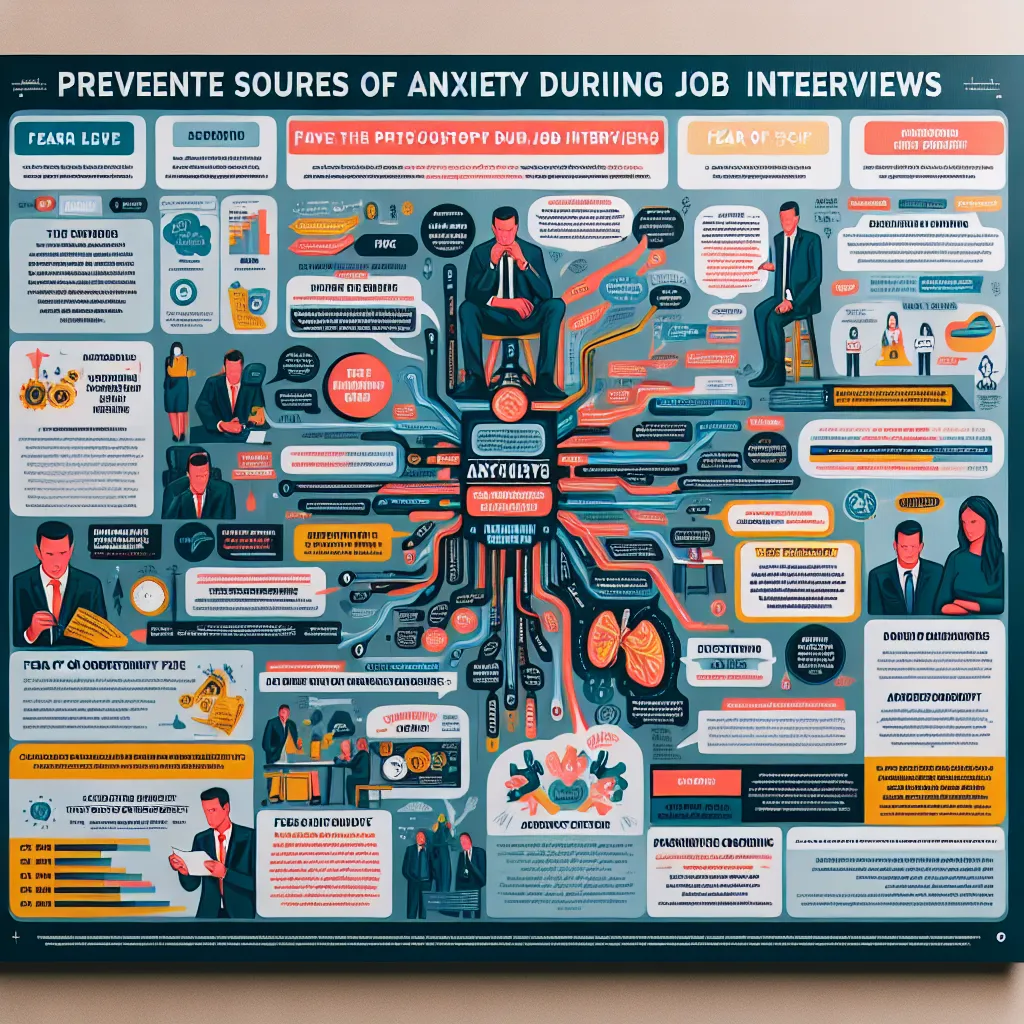Performance management is a crucial aspect of any organization, and interviewers often ask questions to assess your understanding and experience in this area. Being well-prepared to answer these questions can significantly boost your chances of success in job interviews. This article will guide you through effective strategies to tackle performance management questions with confidence and clarity.
Understanding Performance Management in the Interview Context
Performance management refers to the ongoing process of communication between a supervisor and an employee that occurs throughout the year, in support of accomplishing the strategic objectives of the organization. It’s a vital skill for managers and leaders, and even non-managerial roles often require an understanding of performance management principles.
Why Interviewers Ask About Performance Management
Interviewers ask about performance management to:
- Assess your leadership skills
- Understand your approach to employee development
- Gauge your ability to set and achieve goals
- Evaluate your communication skills
- Determine your alignment with the company’s performance culture
 Performance Management Interview
Performance Management Interview
Common Performance Management Questions and How to Answer Them
Let’s explore some frequently asked performance management questions and strategies to answer them effectively.
1. “How do you approach setting performance goals for your team?”
Sample Answer: “I believe in setting SMART goals – Specific, Measurable, Achievable, Relevant, and Time-bound. I start by aligning individual goals with the company’s objectives. Then, I involve team members in the goal-setting process to ensure buy-in and understanding. I also make sure to document these goals and revisit them regularly throughout the year for tracking and adjustments if necessary.”
2. “Describe a time when you had to manage an underperforming employee.”
Sample Answer: “In my previous role, I had a team member who consistently missed deadlines. I scheduled a private meeting to understand the root cause of the issue. It turned out they were struggling with time management. We worked together to create a structured daily schedule and set interim milestones for projects. I also provided additional training on project management tools. Over the next three months, their performance improved significantly, and they became one of our most reliable team members.”
3. “How do you provide feedback to your team members?”
Sample Answer: “I believe in providing regular, constructive feedback. I use the ‘sandwich’ method – starting with positive observations, then addressing areas for improvement, and ending on a positive note. I ensure feedback is specific, actionable, and timely. For formal reviews, I prepare thoroughly, using concrete examples to illustrate points. I also encourage two-way communication, asking for their input and perspectives.”
4. “What metrics do you use to measure performance?”
Sample Answer: “The metrics I use depend on the role and the company’s objectives. Generally, I focus on both quantitative and qualitative measures. Quantitative metrics might include sales figures, customer satisfaction scores, or project completion rates. Qualitative metrics could involve leadership skills, teamwork, or innovation. I believe in a balanced scorecard approach, ensuring that we’re not just looking at numbers but also at the overall value an employee brings to the team and organization.”
5. “How do you handle conflicts arising from performance evaluations?”
Sample Answer: “Conflicts in performance evaluations can be challenging but are also opportunities for growth. My approach is to:
- Listen actively to the employee’s concerns without interruption
- Acknowledge their feelings and perspective
- Review the evaluation criteria and evidence supporting the assessment
- Identify any misunderstandings or gaps in communication
- Work collaboratively to create an action plan for improvement
- Schedule follow-up meetings to track progress and provide support
This approach helps maintain a positive relationship while addressing performance issues constructively.”
Handling Questions Outside Your Experience
If you’re asked about performance management but lack direct experience, consider these strategies:
-
Draw on related experiences: “While I haven’t directly managed a team, I’ve participated in peer reviews and self-evaluations which have given me insight into effective performance management practices.”
-
Discuss your understanding of best practices: “From my research and observations, I understand that effective performance management involves clear communication, regular feedback, and aligning individual goals with organizational objectives.”
-
Express eagerness to learn: “I’m very interested in developing my skills in this area and would be excited to learn and implement the company’s performance management practices.”
Common Mistakes to Avoid in Performance Management Interviews
-
Being too vague: Always provide specific examples and metrics when discussing your approach to performance management.
-
Focusing only on the negative: While addressing underperformance is important, also highlight how you recognize and reward good performance.
-
Neglecting the human element: Don’t present performance management as a purely mechanical process. Emphasize the importance of empathy and individual development.
-
Overlooking company culture: Try to align your answers with what you know about the company’s values and approach to performance management.
-
Failing to mention continuous improvement: Highlight your commitment to ongoing learning and refinement of your performance management skills.
Follow-up Questions and Suggested Answers
-
Q: “How often do you think performance reviews should be conducted?”
A: “I believe in continuous feedback, with formal reviews quarterly. This allows for timely course corrections and recognition of achievements.” -
Q: “How do you ensure fairness in performance evaluations?”
A: “I use standardized criteria, gather input from multiple sources, and regularly check my own biases to ensure fair and objective evaluations.” -
Q: “What’s your approach to rewarding high performers?”
A: “I believe in a mix of monetary and non-monetary rewards, tailored to individual preferences. This could include bonuses, public recognition, or opportunities for professional development.” -
Q: “How do you handle a situation where an employee disagrees with their performance rating?”
A: “I would listen to their concerns, review the evidence together, and if necessary, involve HR or a third party for an unbiased review.” -
Q: “How do you balance individual performance with team performance in your evaluations?”
A: “I set both individual and team goals, and evaluate how an individual’s performance contributes to overall team success. This encourages collaboration while maintaining individual accountability.”
Conclusion
Mastering the art of answering performance management questions can significantly enhance your interview performance. Remember to provide specific examples, demonstrate your understanding of best practices, and show your commitment to continuous improvement. By following these guidelines, you’ll be well-prepared to tackle any performance management question that comes your way in your next job interview.
For more interview preparation tips, check out our articles on how to answer questions about technical skills and how to answer questions about coaching and mentoring.




